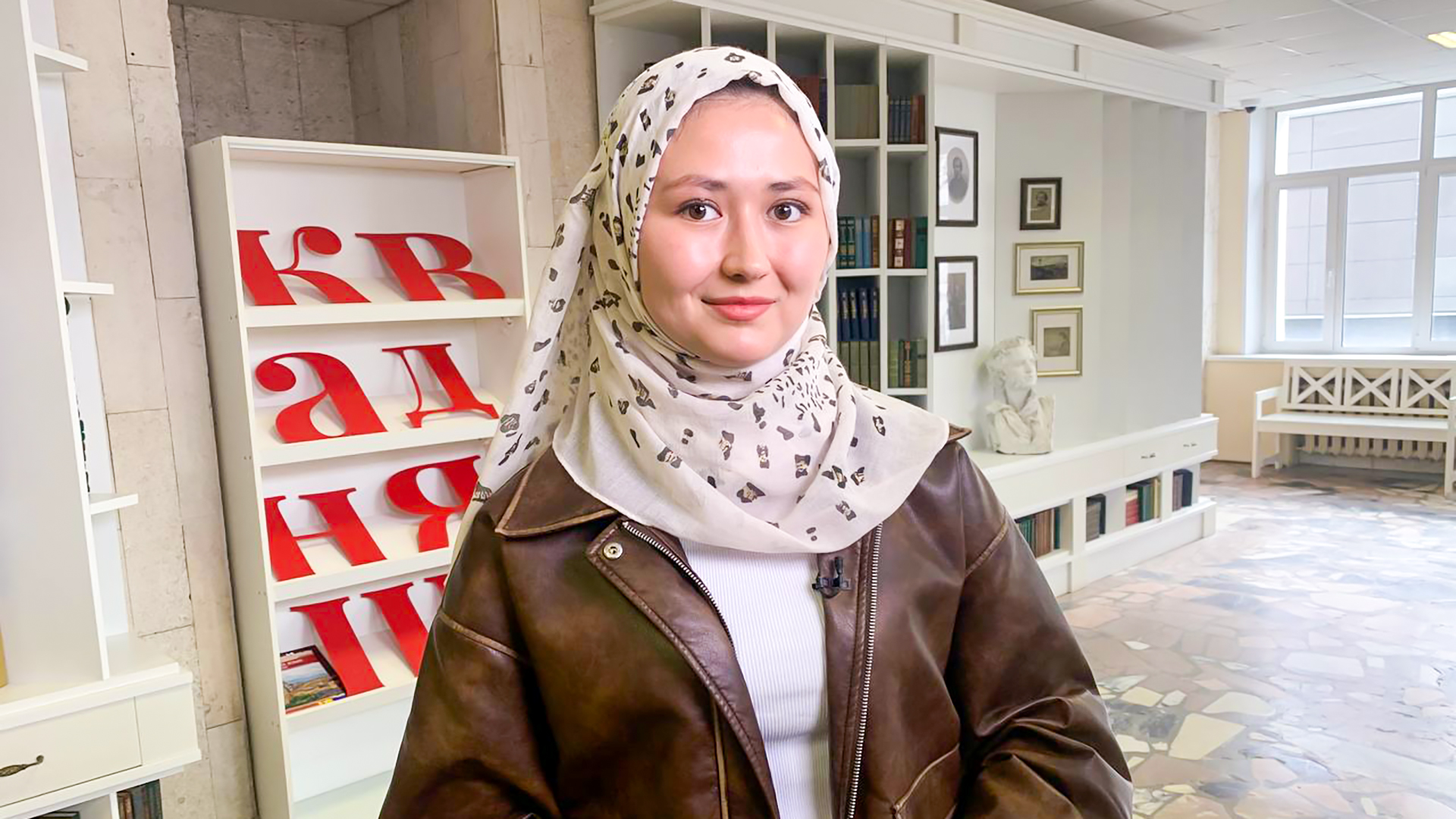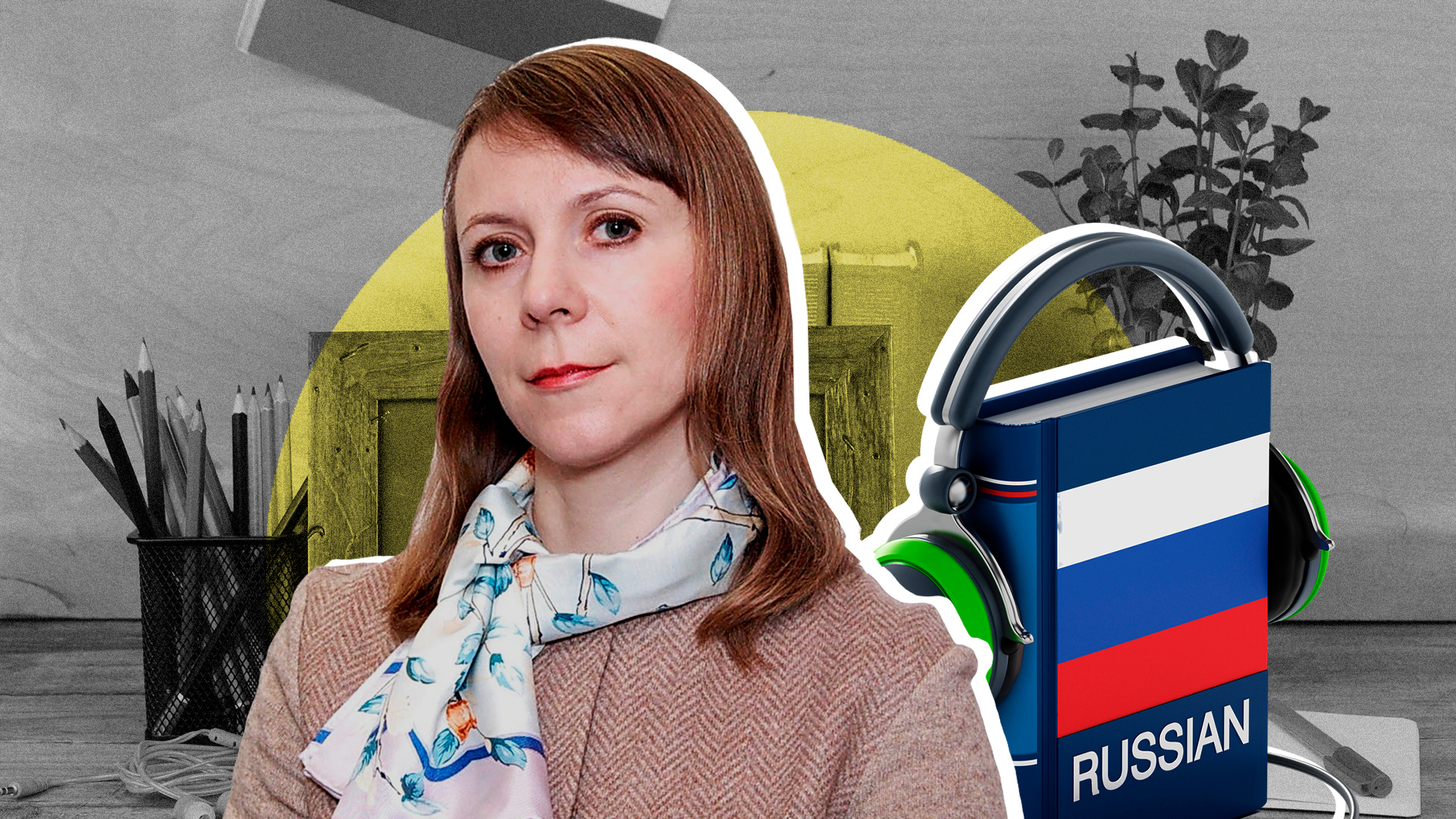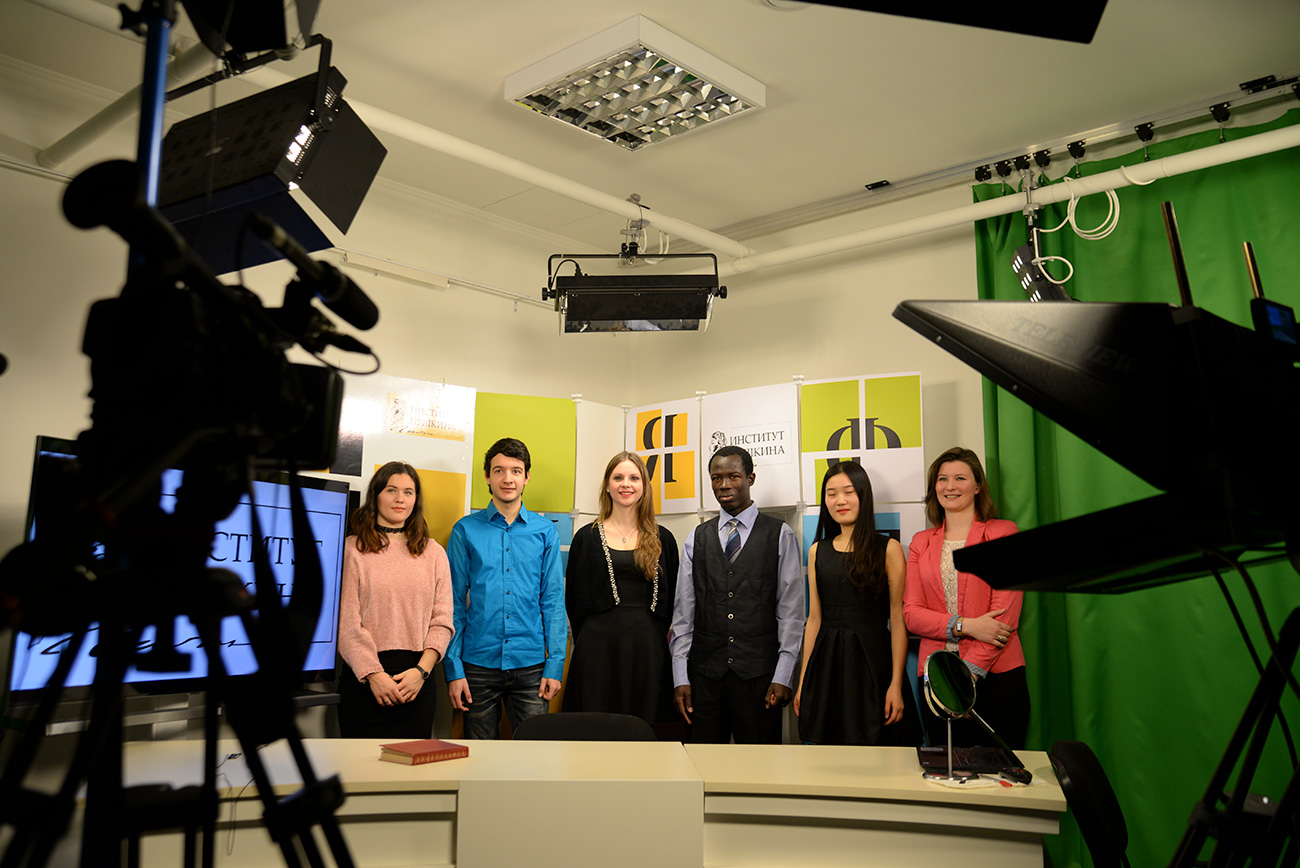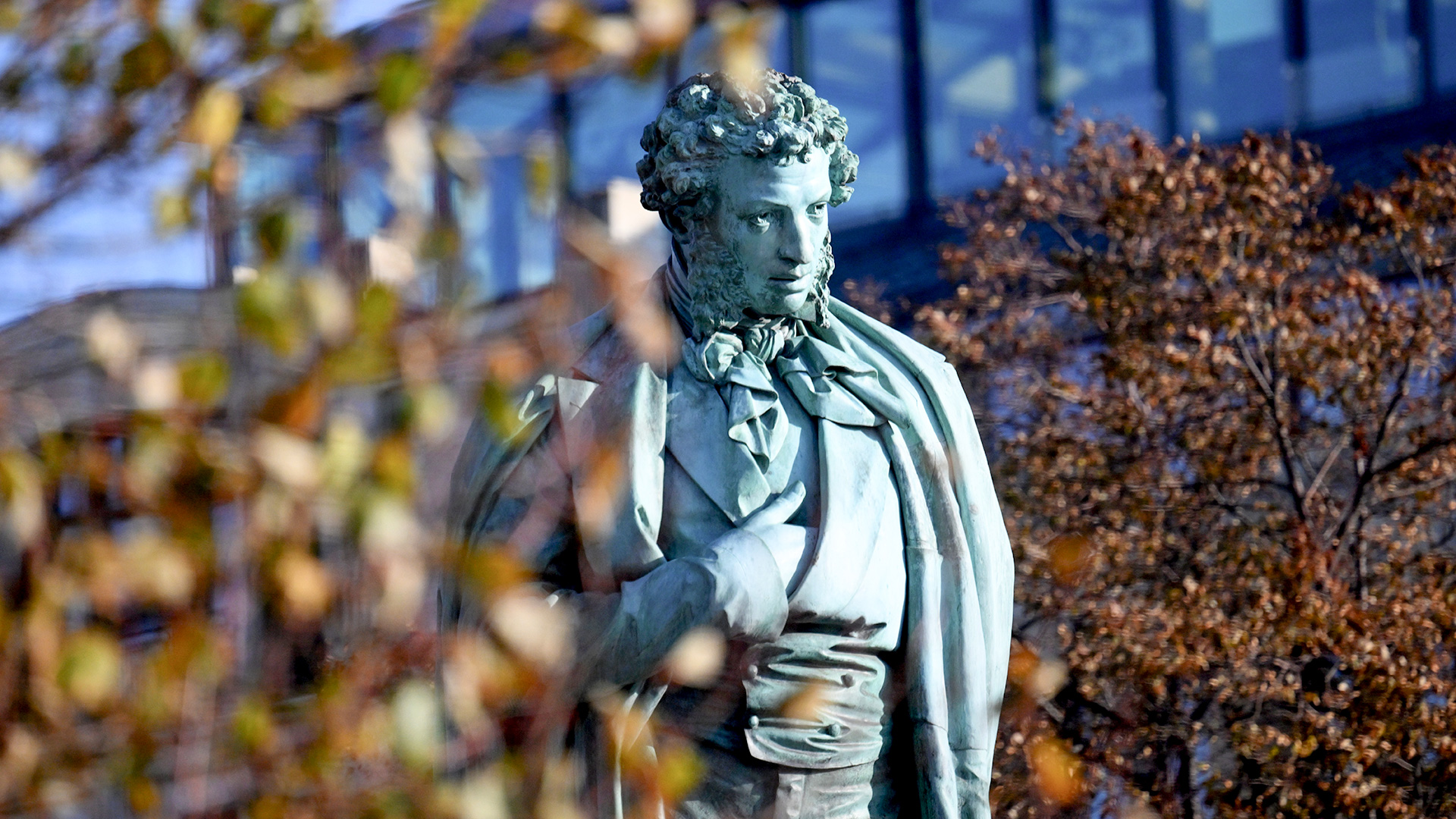
How teaching Russian as a foreign language changed over past years

Teachers of Russian as a foreign language face a daily, uphill battle with TikTok and other social media for their students' attention. So, in order to make the studying process more exciting, teachers are arming themselves with modern technologies.
We spoke with Olga Khaleeva, Head of the Department of Teaching Methodology for Russian as a Foreign Language at the Pushkin Russian Language Institute in Moscow, to find out what challenges modern teachers face and how students have changed.
One of Olga’s scientific and professional interests is precisely the integration of new technologies into language learning.
Moreover, this interest arose a long time ago, some 20 years back, when Ms Khaleeva did her Ph.D. on the development and use of video games in the study of Russian as a foreign language.
AI in studying Russian
According to Khaleeva, the methodology of teaching Russian as a foreign language cannot stand aside from modern societal trends. Digital technologies are being integrated into all spheres of life, including science and education.

“More and more research papers are appearing that explore the possibilities of artificial intelligence in teaching Russian as a foreign language. Of course, we are not posing the question of whether neural networks could [one day] replace teachers. That's not even up for discussion,” Olga says.
“But, the fact that artificial intelligence helps analyze certain materials, choose optimal ways to solve a problem and find what is needed within a large volume of information is already a reality,” she adds.
A trend towards personal communication

Besides attempts to integrate artificial intelligence into the learning process, there are other trends.
On the one hand, digital learning technologies are becoming increasingly important and in demand. On the other hand, there is a significant demand for learning Russian in person with a teacher.
“And here, of course, it’s very important to continue improving contact forms of work: I mean various projects, interactive and game technologies that will help the student learn to communicate in Russian in a wide variety of situations.”
Updating the textbooks
Olga Khaleeva is convinced that in teaching Russian as a foreign language, not only is the content important, but also the visual aspect.
“When a foreigner picks up a textbook, for them, it might be the most reliable and proven source from which they can get information not only about the Russian language, but also about our culture. Of course, there is the internet and access to vast amounts of information now, but, among this choice, it's important to find trustworthy sources, one of which is precisely the textbook.”
Teachers prefer to use new textbooks. In recent years, many updated textbooks have been published, including by experts from the Pushkin Institute. And work on new, modern publications continues.
How geography of students learning Russian changed
Paradoxically, at the Pushkin Institute, one year there may be more foreign students from one part of the world, while, later, more students from another. Traditionally, there are many students from China and Vietnam, but now, the geography is expanding.

“It’s very encouraging that more and more students are appearing from African countries. Interest in the Russian language is now reviving in this region. Many want to come to Russia for education or professional development and we have programs for both students and professional development courses for African teachers of Russian.”
Olga Khaleeva also notes that the number of students from Latin America has increased. Due to the interest in learning Russian, the number of countries where teachers of Russian as a foreign language travel to conduct classes has also expanded: for example, Brazil and Colombia have joined Cuba.
‘Gateway to Russia’ would like to thank Pushkin Russian Language Institute for their help in preparing this article.
Teaching Russian as a foreign language and other topics devoted to Russian were discussed at the 17th Russian World assembly, which took place in Moscow on October 20-22, 2025.













